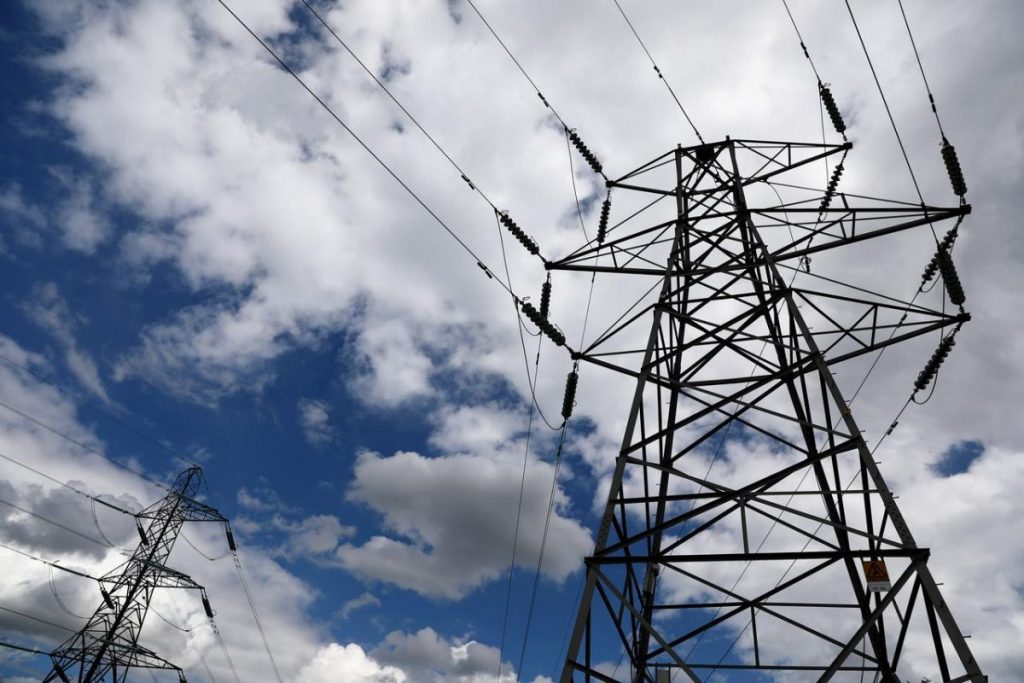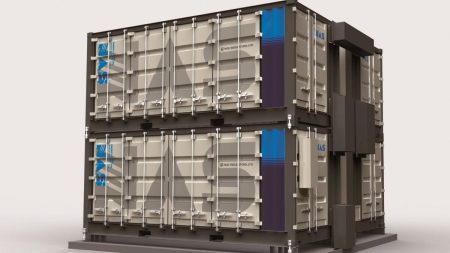25 May 2016, Lagos – Power output in Nigeria plunged to a fifth of this year’s peak after attacks on natural gas pipelines cut supplies of the fuel to electricity producers, according to Egbin Power Plc, the country’s largest generator.
 Total generation fell to 1,000 megawatts on Monday from almost 2,000 MW at the end of last week and is expected to decline further, Egbin’s Chief Executive Officer Dallas Peavey Jr told Bloomberg.
Total generation fell to 1,000 megawatts on Monday from almost 2,000 MW at the end of last week and is expected to decline further, Egbin’s Chief Executive Officer Dallas Peavey Jr told Bloomberg.
Egbin is generating less than 10 per cent of its 1,320 megawatt capacity due to ruptured supply lines, Peavey said.
“For all the plants, there’s no gas,” Peavey said. “We’re sitting idle here.”
The Nigerian Electricity Regulatory Commission didn’t immediately respond to calls and messages seeking confirmation of power generation figures. Power generation in Nigeria; sub-Saharan Africa’s biggest economy, is now about a 30th of that of South Africa, the second biggest.
After peaking at 5,074 megawatts in February, power generation in Nigeria is being crippled by a resurgence of attacks on oil and gas pipelines in the hydrocarbon-rich Niger River delta, the source of fuel for about 80 percent of the country’s power plants. Oil production has fallen to a 27-year low of 1.4 million barrels a day after a wave of attacks this month.
Plans to boost Egbin’s capacity by between 1,575 megawatts and 1,900 megawatts are now on hold, Peavey said. Instead, the company will build a liquefied natural gas terminal as it seeks to solve its supply woes, Peavey said.
The gas outages have “brought to a halt, at least temporarily, our plans to double the capacity of the plant,” he said. “We can’t double the capacity if we can’t find the fuel.”
Nigerian National Bureau of Statistics data published May 20 showed that the economy, the largest in Africa, contracted in the first quarter for the first time since 2004, as oil production slumped and the manufacturing, financial and real-estate industries declined.
- This Day



